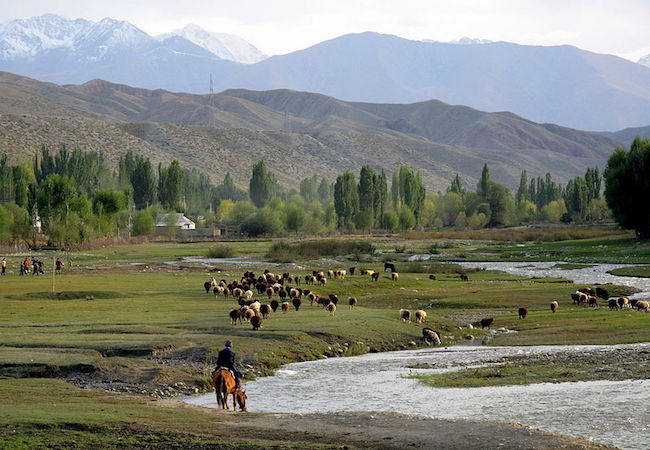
By Prof. Anis H. Bajrektarevic & Samantha Brletich
Abstract
Due to Central Asia’s geographic and strategic location, it has traditionally enjoyed numerous advantages, but also suffered many disadvantages. On the side of advantages are certainly the access to transcontinental trade routes, emerging global powers and forthcoming global markets, Russia and China. Geo-morphologically, the region is of the rich deposits in carbon/fossil fuels and minerals. Central Asia’s geographic location puts it at a disadvantage as being used far too often as a battleground for external powers from the East and from the West. To clearly understand the geo-strategic significance of landlocked Central Asia one must know about its rich and complicated history.
The history of Central Asia was grossly shaped by climate and geography particularly the temperatures, terrain, and the availability of natural resources. The dryness and the non-arable land led to the development of few bustling cities and few densely populated areas. This was also reinforced by the nomadic culture – traditions whose echoes are vividly alive up to this day.
These factors heavily influence the current historio-cultural layers and the entire dynamics within the region, as well as Central Asia’s relations with its neighbors and social, economic, and political partners. In the strict traditional sense, the region of Central Asia did not particularly exist as a political entity per se until after the collapse of the Soviet Union. It was either known as the Soviet Union or the more general, Eurasia.
However, with a melting of the Russian historical empire, that of the Soviet Union, Central Asia has emerged as one of the most important geostrategic theaters for cooperation and competition in modern-day (big-powers) politics and economics.
For full text of the academic article, please click here: Summary of interests and influences of major external actors in Central Asia.




